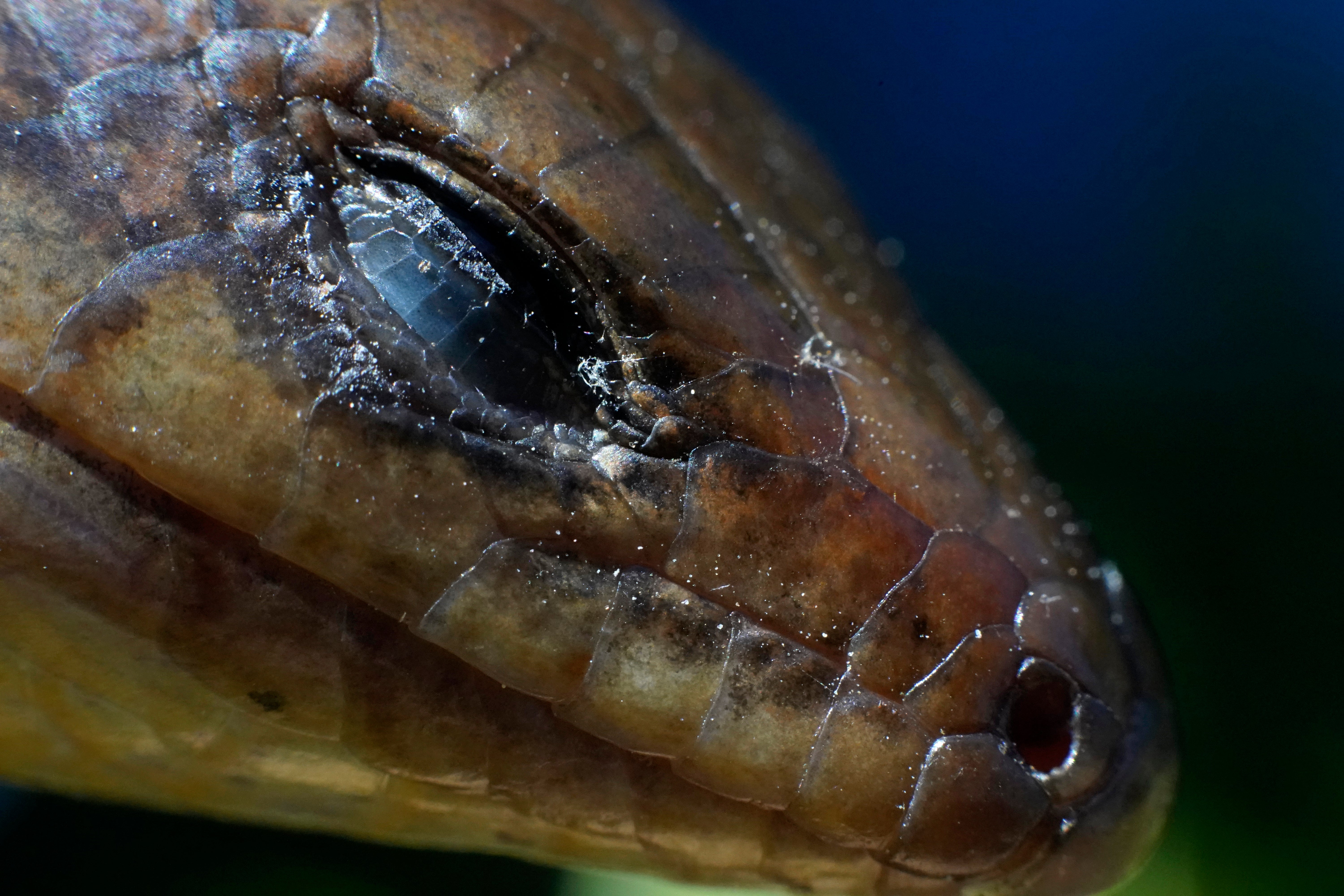AP PHOTOS: Nature's beauty along Hog Bayou

Your support helps us to tell the story
From reproductive rights to climate change to Big Tech, The Independent is on the ground when the story is developing. Whether it's investigating the financials of Elon Musk's pro-Trump PAC or producing our latest documentary, 'The A Word', which shines a light on the American women fighting for reproductive rights, we know how important it is to parse out the facts from the messaging.
At such a critical moment in US history, we need reporters on the ground. Your donation allows us to keep sending journalists to speak to both sides of the story.
The Independent is trusted by Americans across the entire political spectrum. And unlike many other quality news outlets, we choose not to lock Americans out of our reporting and analysis with paywalls. We believe quality journalism should be available to everyone, paid for by those who can afford it.
Your support makes all the difference.From above, Hog Bayou is a winding ribbon of silver, its water moving slowly toward wetlands and from there into the Wax Lake Delta.
Closer up, you can spot the head of a floating alligator, its length a hint of its size and age. Each inch (2.5 centimeters) between the nostrils and eye ridge indicates a foot (0.3 meters) in length, at least until a gator is about nine feet (three meters) long and its girth starts expanding.
Above, an osprey takes off from a treetop, probably hunting for fish. In between, you see a vine so strong that its embrace has created a deep spiral groove in a tree trunk.
Come closer still. See a small fiddler crab scuttling along a log; a skink’s dark and half-closed eye; a tiny green buffalo treehopper clinging, upside-down, to a leaf; a Brazilian verbena flower so small that dozens could fit on a quarter.
Think about poet William Blake’s lines, written in the early 1800s:
“To see a World in a Grain of Sand
And a Heaven in a Wild Flower
Hold Infinity in the palm of your hand
And Eternity in an hour."